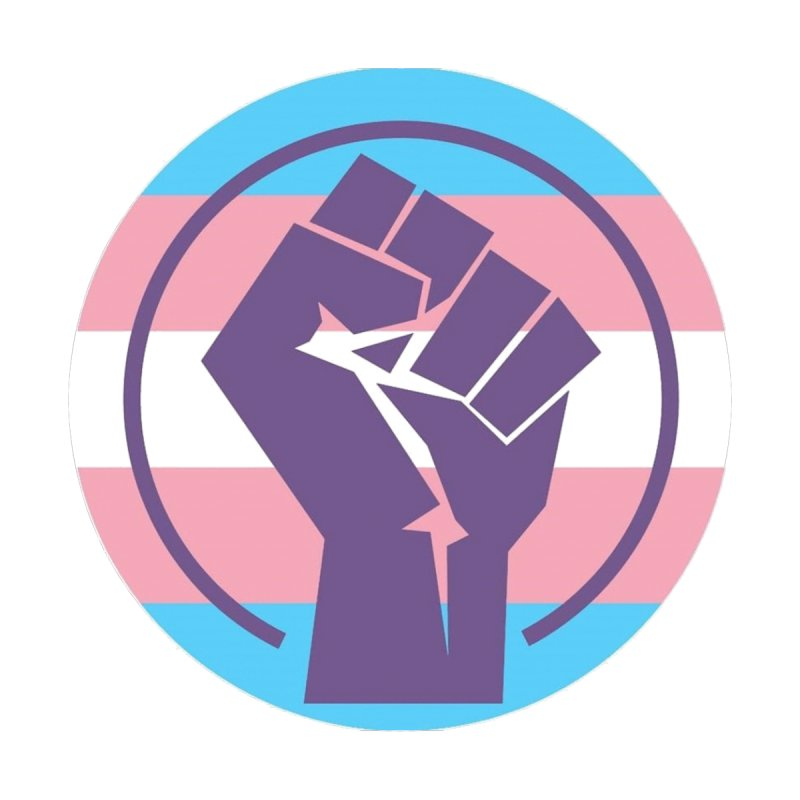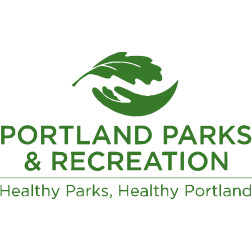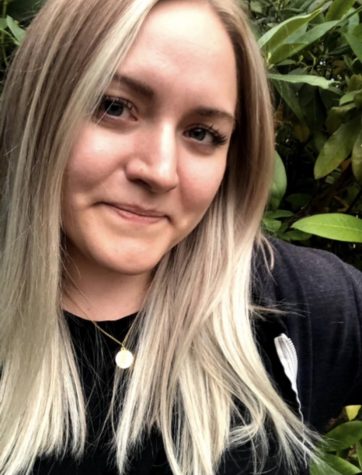Transgender Rights
Have you ever heard of the term transgender?
It refers to a person who identifies as something other than the gender that they were assigned at birth.
The transgender community is incredibly diverse. Some transgender people identify as male or female, and some identify as genderqueer, nonbinary, agender, or somewhere else on or outside of the spectrum of what we understand gender to be.
An example of this could be a person who was born with the biological aspects of a female but identifies as a man.
Often times people who are trans will take hormonal injections such as estrogen (for trans women) and testosterone (for trans men).
There are also cases when a trans person will get reconstructive surgery such as top surgery, sexual reassignment surgery (SRS), and breast augmentation. These surgeries are done to achieve looking how a person feels and identifies on the inside on the outside as well.
Obviously being trans is very difficult and often scary to tell others about. Even though we are now a fairly accepting society there are still those who shame and disrespect people due to their gender identity.
This is why it’s important to respect the preferred pronouns of a trans person. Trans people may prefer the pronouns of she/her, he/him, they/them or a combination (she/they, he/they).
It is also very important to refer a person by the name they wish to be called by. Trans people often prefer to be called something different from their birth name that they feel more comfortable with.
If you find out a person’s dead name (the name they no longer go by) do not use it when you are addressing them, or talking about them. It is very rude, unnecessary, and will probably make that person very uncomfortable.
In many ways, transgender people are just like cisgender (non-transgender) people; but because of the social stigma surrounding our transgender identity, the community faces a unique set of challenges.
This includes things such as the long and difficult process of changing their legal documents to show the gender that they identify and their chosen name, having many states requiring that trans people must have a sex change in order to alter their legal documents, and overall lack of legal protection.
According to the Human Rights Campaign’s 2014 State Equality Index, only 18 states and the District of Columbia prohibit employment and housing discrimination based on gender identity; only 17 states and the District of Columbia prohibit discrimination based on gender identity in public accommodations.
Only 15 states and the District of Columbia prohibit discrimination based on gender identity in education.
Furthermore, state legislatures across the country are debating (and in some cases passing) legislation made to specifically target and to prohibit transgender people from accessing public bathrooms that correspond with their gender identity, or creating exemptions based on religious beliefs that would allow discrimination against LGBTQ+ people.
More of the struggles that transgender people undergo is extreme harassment and violence.
Studies done in 2014 show that over 70% of hate crimes and violence done against LGBTQ+ peoples were against trans women, 67% were trans women of color.
Many times trans people are told to that they should go to the police to report these problems, but the fact is that police brutality against trans people is very far from uncommon.
The NTDS found that 22 percent of transgender people who had interacted with police experienced bias-based harassment from police, with transgender people of color reporting much higher rates.
Six percent reported physical assault, two percent reported sexual assault by police; and 20 percent reported having been denied equal service by law enforcement. Nearly half of the transgender people surveyed in the study said that they were uncomfortable turning to police for help.
There are endless struggles and difficulties not just transgender people suffer through and its important to be the most open and accepting as possible. Being denied the basic access to human rights isn’t something that people would want to believe still happens today, and it doesn’t feel great to have it pushed upon yourself from a young age. Support and respect is something that we need more in this society for all people.

Meera Forespring is currently a sophomore at CHS and this is their first year in the CHS Talon. They are an active member of the LGBTQ+ community and...











